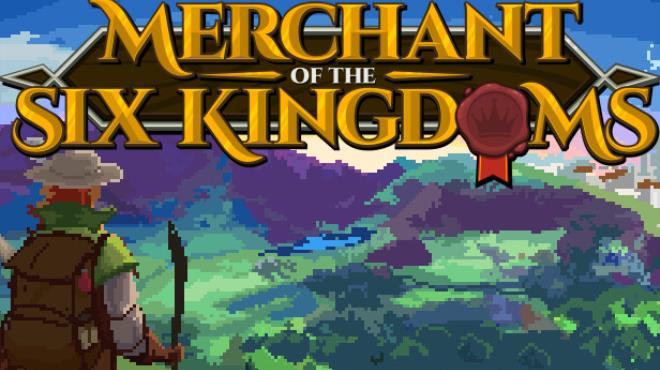This guide will be showing you some of the basics and important tips and tricks to become the best merchant in Merchant of the Six Kingdoms.
Town Merchant Tenets
Starting in a town allows you to stay as long as you want without worrying about your products spoiling.
Each person’s profession determines what they sell cheaper (supply) and what they need to buy (demand). Consider the offerings of farmers, miners, and idle noblemen, and think about what they desire in return. Some individuals may mention specific needs for which they’ll pay extra.
Remember that other merchants are also seeking profits. They might not readily part with their money in fair deals, but they do value coin.
The world experiences different seasons, and these impact supply and demand. Pay attention to how various people mention these seasonal changes.
Expect fluctuating values for items, so it’s wise to take notes on things you want to assess the value of. People have varying valuations for products and coin, and there’s no standard coin conversion in most cases. Over time, you’ll develop a sense of the favorable conversions, especially if you keep records.
Dealing with more unique items like magical equipment can be uncertain. It’s challenging to pinpoint exact values for these items. It’s often best to acquire them directly from the producers rather than intermediaries.
Traveling Merchant Tenets
Traveling to different markets offers new chances, but it also comes with expenses. To explore these opportunities, you’ll need maps to these places at least once.
Just as professions influence supply and demand, towns exhibit similar patterns. Some towns might abundantly supply specific products, providing a chance to buy there and then move elsewhere without excess stock to sell.
Certain products are native to specific regions, making them more valuable when sold outside of their home area. Conversely, some products are prohibited in certain regions, making them potentially more profitable if you can find trustworthy trading partners who won’t report you to the guards.
In the game, traders have their own towns that they visit, with some places being more frequented than others. If you have specific individuals you want to buy from or sell to, it’s beneficial to understand their routes.
Moving between towns involves three types of costs:
- Traveling costs: These cover the expenses of moving from one town to another. Costs depend on the distance between towns and the number of horses you have to transport your goods.
- Taxes: Certain towns impose taxes when you enter, and these taxes increase with the amount of coinage you’re carrying. Interacting with fellow traveling merchants may offer insights into reducing your tax burden.
- Guild fees: Some towns have fixed fees associated with their richer merchant guild presence.
Each new town you encounter may have an associated quest, which can present unique opportunities or challenges.
My Personal Inputs
As I’ve progressed through the game, I’ve picked up a few lessons, either through necessity or hands-on experience. This section contains my personal reflections, leaning less towards a comprehensive guide. I won’t hold back on revealing details about various locations, tips, and some game mechanics.
It’s entirely feasible to generate income from scratch in practically any corner of the game world. The idea of transporting goods over long distances might seem daunting, but in reality, it’s not as challenging as it may sound. The key is to convert your money into merchandise and only earn what you need for your upcoming journey.
Speaking of which, my most crucial advice is this: prioritize enjoyment above all else. Sure, you could spend endless hours engaged in trade, swapping Boone vegetables for Kai spices in the depths of winter. Alternatively, you could traverse the vast landscapes, taking on quests, and maybe even falling victim to a few swindlers along the way.
For a significant period, I hesitated to engage with merchants because of their tight purse strings. I was always uncertain about the true value of items, but they seemed to know it all. However, I’ve come to realize that they can be an excellent source for acquiring specific items when you have some coin to spare. More often than not, they are your best bet, especially if they express an interest in silver or gold coins.
It’s worth noting that individuals with money on hand typically include the nobility, certain soldiers or knights, and adventurous souls.
In towns where there is a demand for a particular product, you can often make a decent profit by purchasing from the producer and selling to the consumer. And if there are any gaps in your inventory, merchants are usually adept at filling them, provided you have some coin to spare.
Between these three groups, you can usually offload most of your merchandise without getting a raw deal (although there might be some exceptions when it comes to monster parts).
Ascension might be the largest trading hub, but personally, it’s not my favorite. It lacks a significant number of producers, despite its wealth in nobility and potential profits, especially if you’re running a spice business. The taxes and fees there are exorbitant, which can make you feel a bit trapped. I tend to favor towns where there are plenty of farmers and miners to interact with.
That's everything we are sharing today for this Merchant of the Six Kingdoms guide. This guide was originally created and written by Poltroon. In case we fail to update this guide, you can find the latest update by following this link.
